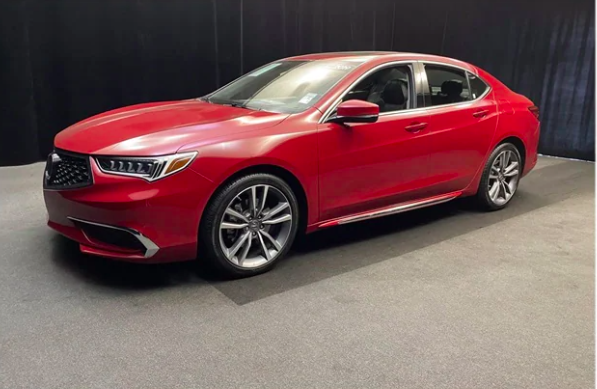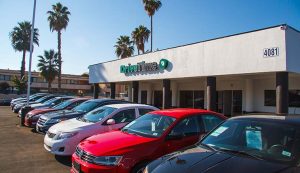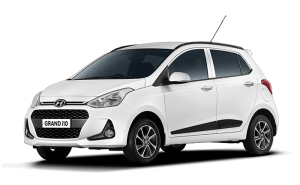
How To Check For Defects When Purchasing Used Automobiles
Buying a used car can be intimidating for a lot of people. No one wants to be stranded with a lemon and forced to pay for expensive repairs the day after driving the vehicle off the lot. Good news. Buying a used automobile does not have to be as risky as it once was. Simply knowing what to look for and what questions to ask is sufficient.
For many, buying a used vehicle is the best option. Whether you’re looking to save money or want an older but dependable vehicle, there are thousands of used cars in phoenix available for purchase. But when it comes to selecting the appropriate vehicle, what should you be looking for? To avoid a potentially expensive mechanic bill, it is prudent to ask the right questions beforehand.
Here is what to look for:
Engine checks
Even if you are not particularly knowledgeable about engines, you will be able to identify glaring issues with a quick glance. For instance, rust or other indications of damage may be cause for concern. You can also examine the oil dipstick to ensure that the oil is the correct hue. Typically, gasoline is honey-colored, whereas diesel is black.

Look for leaks
Leaks can cause significant problems for the average used vehicle. Some leaks are more difficult to detect than others, but you can begin with the basics. Check underneath the vehicle’s parking spot. On the driveway or road, any traces of oil leakage will be visible.
Interior inspection
The interior of a vehicle is an essential factor to consider. It can be easy to settle for second-rate used automobiles. However, there are telltale signs to watch out for. First, all interior seat belts should be thoroughly inspected.
Verify that their locking mechanisms function and that extension and retraction are effortless. You’ll also want to check for foul odors, as these can be extremely difficult to eliminate.
It is a fact that the interior of a used automobile is what it is. But you should choose one that has been better maintained and has suffered less damage to the upholstery, plastics, and carpet. A foul odor can result from torn seats and ruined carpets. In some instances, they may provide a place for insects to hide inside the vehicle before you purchase it.
Examine the exterior
In addition to the interior, you should inspect the exterior of a used car thoroughly. Initial inspection should focus on the doors and trunk. Ensure they are smooth and latch properly by opening and closing them multiple times.
The next step is to check for rust and other damage, such as gouges, dents, and holes. Usually, minor blemishes and repair indications are not cause for concern, assuming the repairs were performed correctly.
Verify whether the vehicle is stolen.
If a security interest is registered against a vehicle, especially if it has been stolen, and you purchase it, the vehicle may be repossessed even after you have purchased it.
It is possible that the finance company listed on the PPSR will show up on your doorstep and seize the vehicle, leaving you to pursue the car thief for the lost funds. And best wishes with that.
Buying used automobiles has both advantages and disadvantages. Always keep the list in mind when purchasing a car! Best of luck with your purchase!


